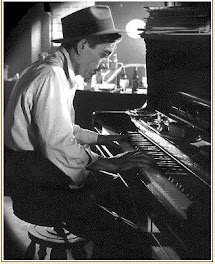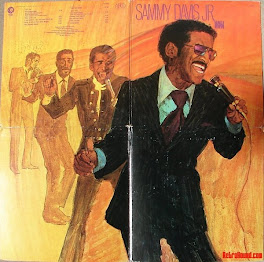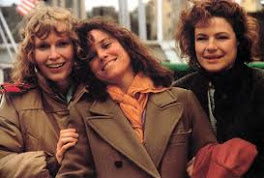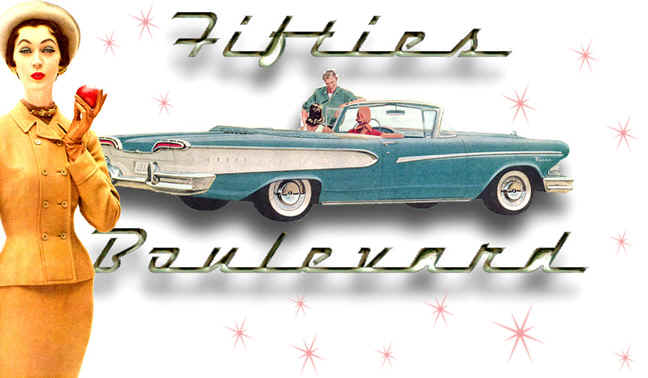Michelle Williams as Marilyn Monroe.
Charlotte Rampling as Charlotte Rampling.
Two films: The Look and My Week With Marilyn. These movies will get unequal public attention, yet they deal with very similar issues. How does a public person, one known for physical beauty, form an art despite the beauty?
I'd argue that Michelle Williams does, just as she inhabits the character of Marilyn, who died trying.
Marilyn owned the screen, and if memoirs are right, had the personal chops to fill a room and dig holes in the psyche of those favored and cursed around her. Monroe played, most successfully and often, comedic roles -- yet she yearned to be a serious actress consonant with the 'method' age in which she worked. We might watch Bus Stop or The Misfits, but we remember Some Like It Hot or The Seven Year Itch.
Williams has the moves down. The glances, the gallery-pleasing photo moves, the reclining postures, the depressive panics. Women befriend or mother her. She stuns or bewilders men. Sometimes Marilyn's conditions are right, and a project completes. This is the film world well-handling the real world of the film world.
Charlotte Rampling, in The Look, isn't playing herself. She is herself.
This is documentary. It's about her as an actress, and it does intersperse cuts from movies in which she's acted.
She talks about acting, and in one interesting scene, she and her son, who's directing the actual film we're watching, engage in a stare-down, phrase-response acting exercise, wherein they repeat a random line back and forth and form a dramatic moment between one another. At points, they 'blink' and move to another line conjured up by the context and continue on. Fascinating.
Yet she declares that such exercise bores her. By contrast, we see her interacting -- for real -- with men and women whose artistic projects she shared -- novelist, photographer, poet, artist -- and with confidantes and friends. Even, occasionally, random strangers.
Rampling, almost always in her film persona, plays the neurotic, the distant, the stern, the corrupt, the determined, the strong, the disarranged, the sinister, the seductive. Some like it cold. In The Look, we do see her British-French humor come out among close relationships. Whatever the mood, she makes clear -- explains in the serious parts of her conversations -- that there's a 'space' that must be found, forged, secured, around her wherein an authenticity can emerge for whatever acting or photographic moment she's in.
Marilyn Monroe couldn't be Charlotte Rampling because she was Marilyn Monroe. This may sound self-evidently silly, but the point is this: beauty alone, what draws people -- a myriad people through the accident of a lens -- needs character. Michelle Williams has done much to show she has the character to play a Marilyn who wanted it.
Charlotte Rampling rejects a friend's remark that she's 'grounded'. Though she doesn't say so, she may have preferred being called 'centered'. One can't help seeing her intelligence and maturity, a kind of depth that an icon like Monroe might seek but find no easier to handle than a wet bar of soap.
An American like me might pause to ask: is Monroe us?












































